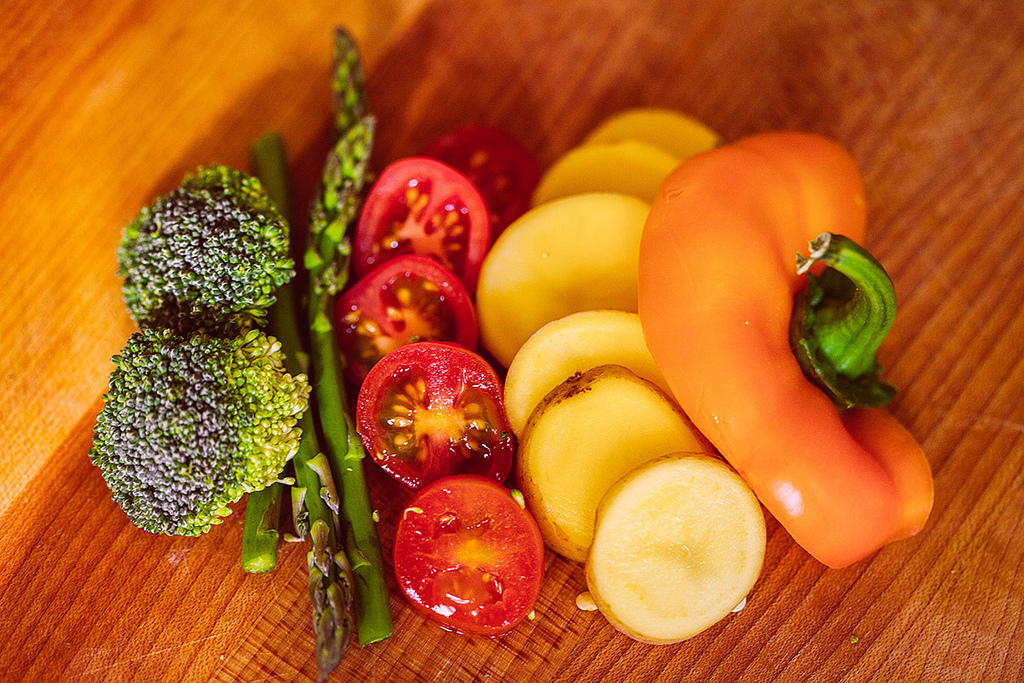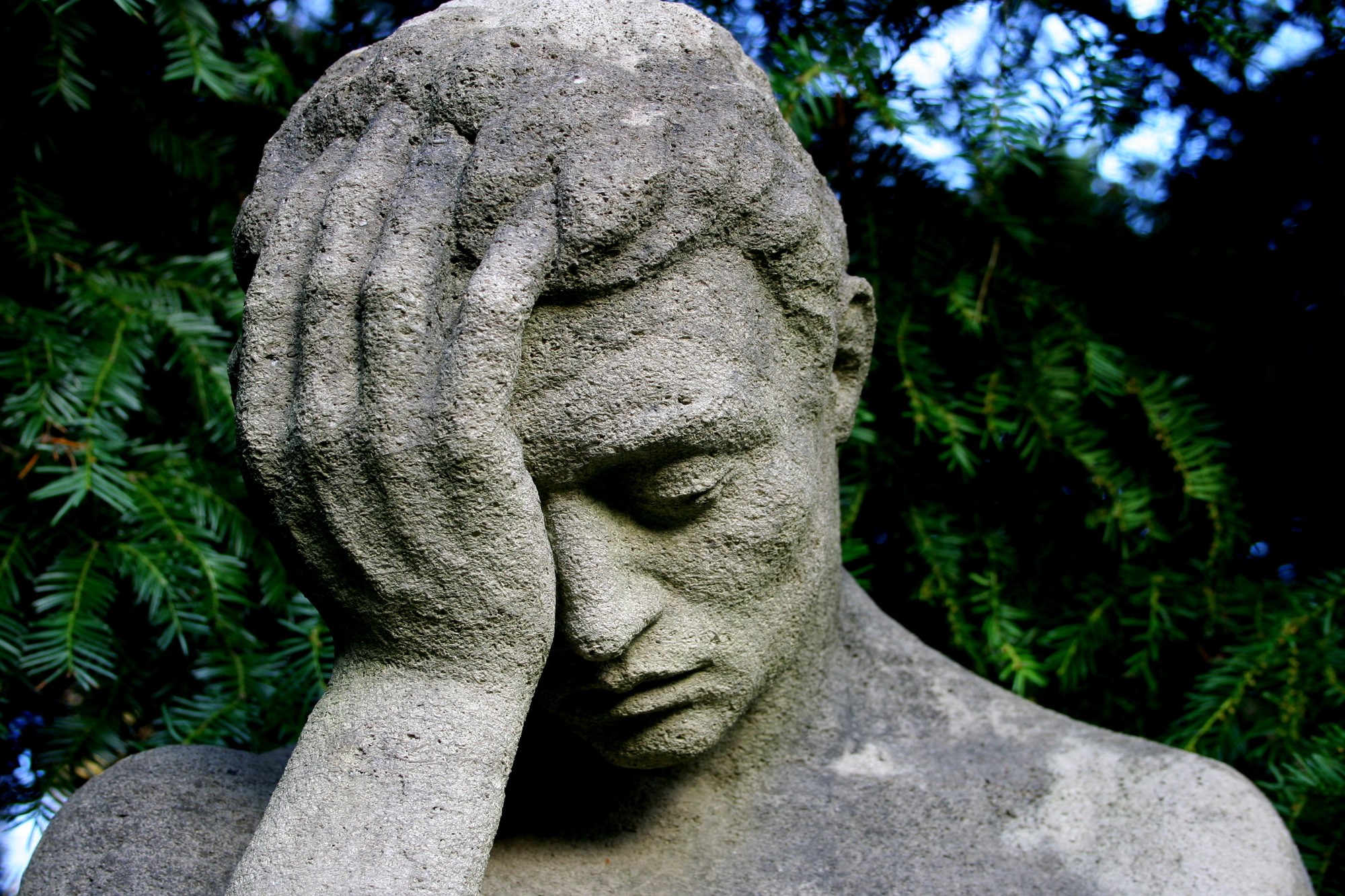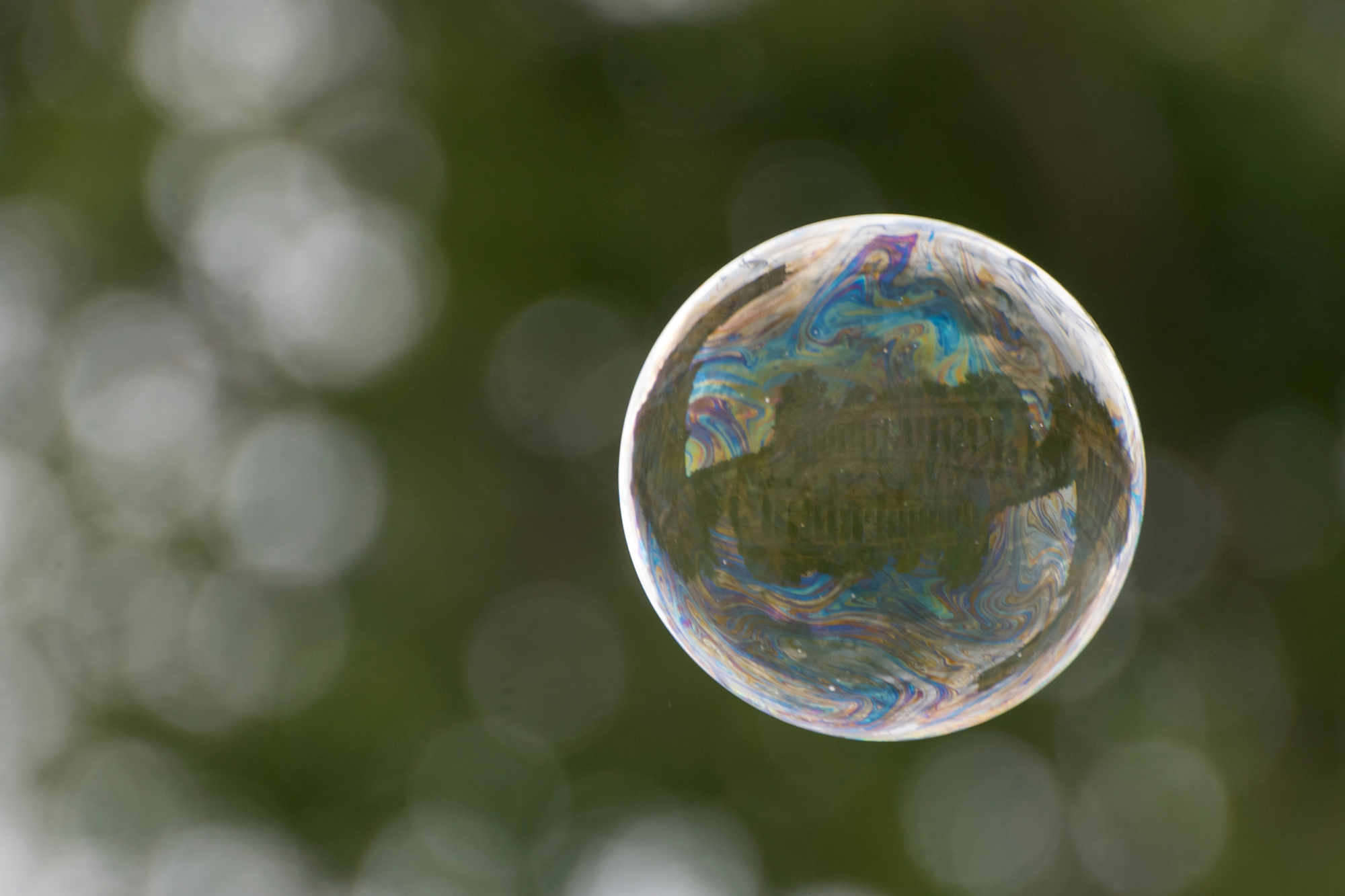Stigmatizing Food Choice to People Without Choices

These days, it seems that everyone is trying to “eat clean.” As I browsed the news this week, I clicked over to the “Healthy Living” page of the Huffington Post and found a myriad of “Eat Clean: Fall Edition” articles like this one about 6 high-fat foods you should be eating, and this one about how to cook with pumpkin that doesn’t come from a can. As Michael Pollan, American food ethics guru, famously said, “If it came from a plant, eat it. If it was made in a plant, don’t.” Sounds simple, right? Just follow the advice given in the articles above, and you’ll be eating properly!
Well, as is the case with almost every issue in ethics, it’s not that simple.
The potential problem with the concept of “clean eating” is that it’s preaching the right way to eat, favoring one lifestyle over the other, while ignoring those who might not have that option available to them.
The truth is, not everyone has access to clean eating, and not everyone wants to eat these foods! As Marianne of xojane.com puts it, there’s no such thing as clean eating. “When you tell someone their food is dirty, even by implication, you shit all over their own body autonomy, issues of class and access, cultural food traditions, their own tastes and needs, and issues of health.”
On the one hand, sources like the Huffington Post are definitely allowed to write for their particular audience: mostly upper class liberals and generally the same people that shop at Farmer’s Markets and Whole Foods. They should be allowed to use whatever terminology they want to sell their content. However, the problem might lie in the simplification of their terminology and how matter-of-factly they are choosing one way of living over the other.
What do you think? How should we approach the topic of a healthy lifestyle in a world made up of people with their own lives and personal choices?




